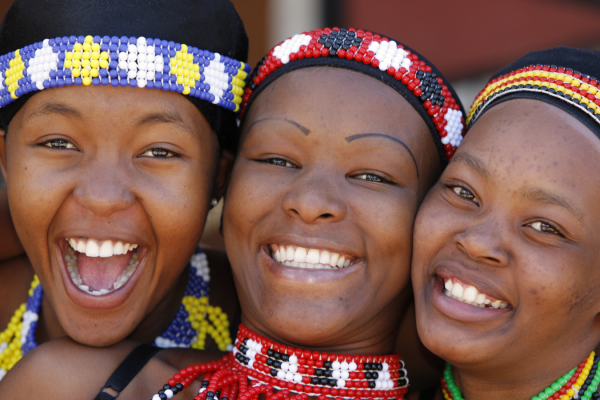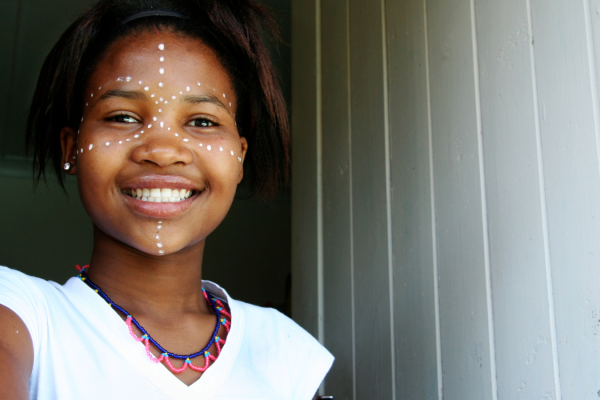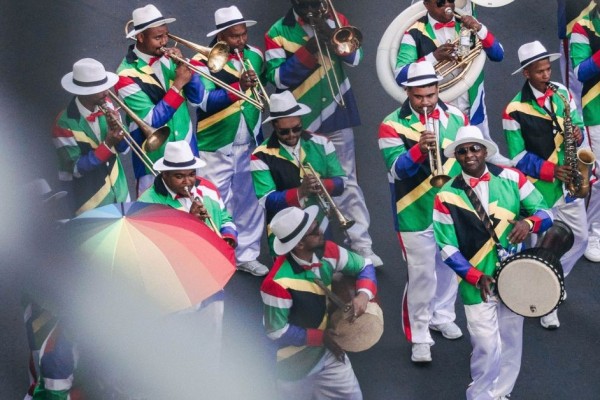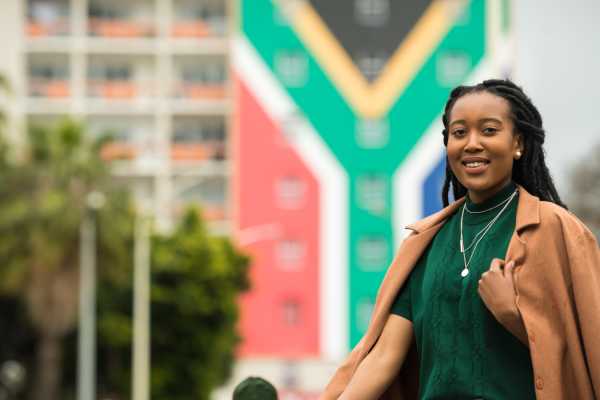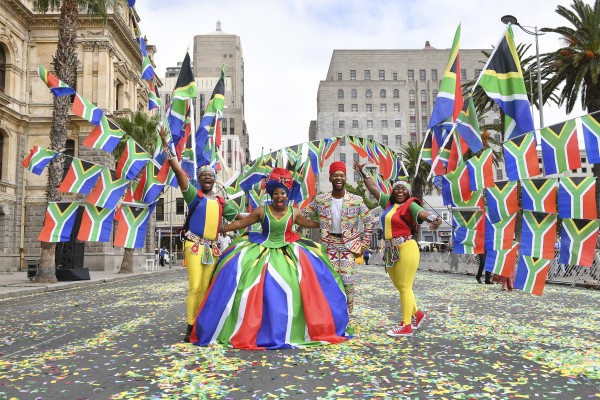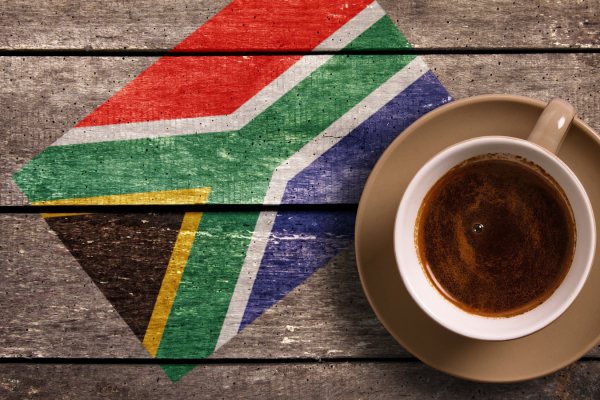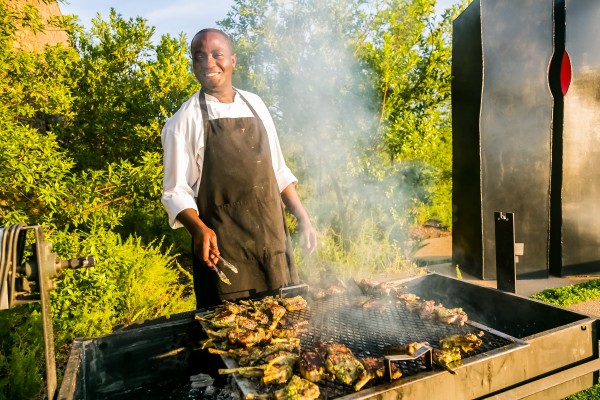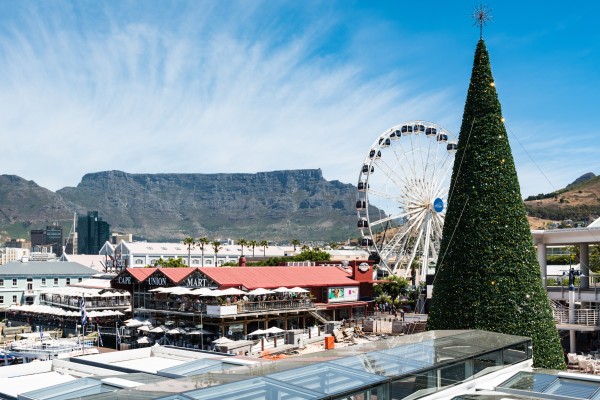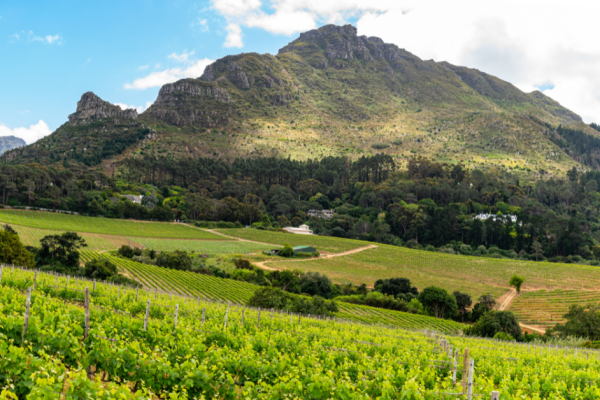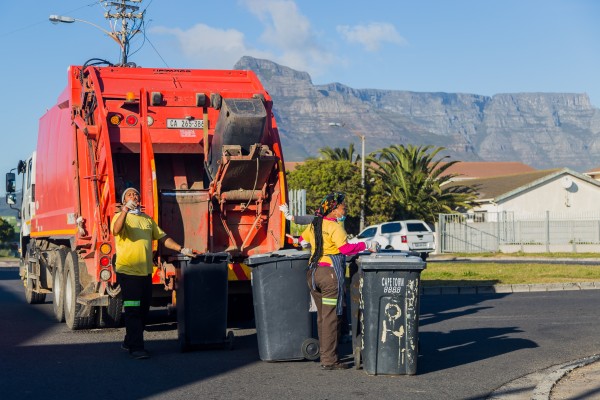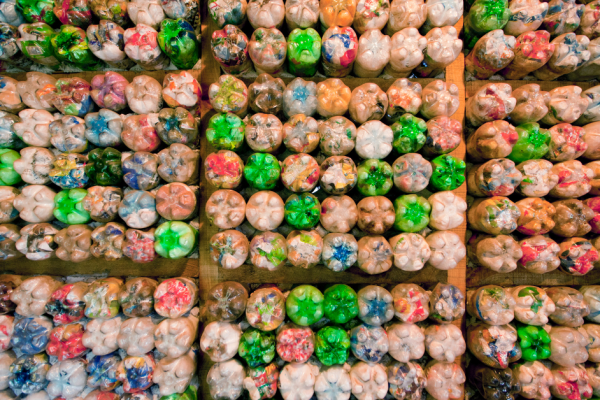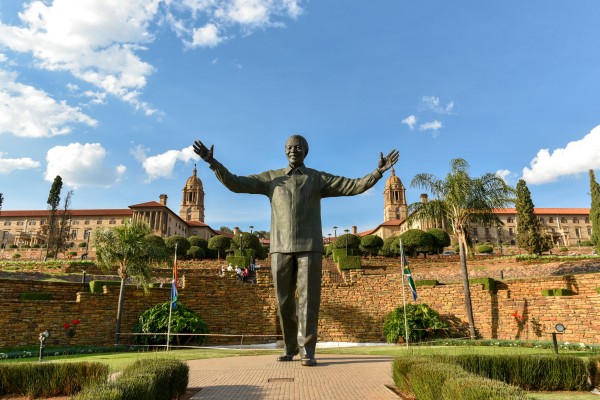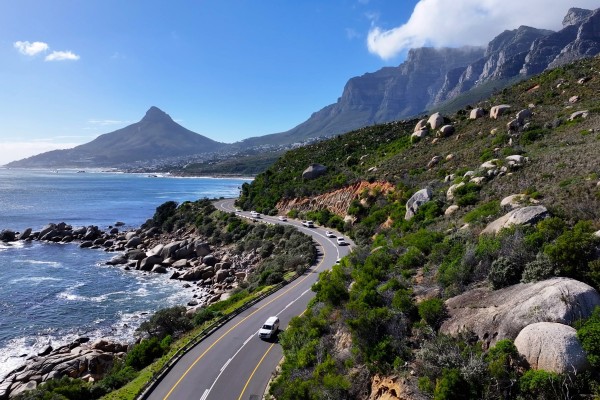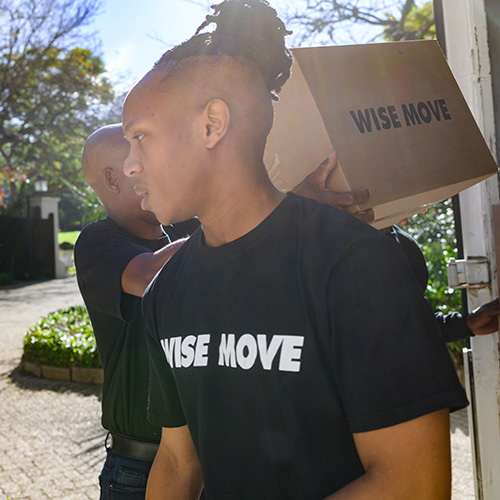Navigating South Africa | An Expat Guide to Local Traditions and Heritage


So, you’ve just landed in South Africa and you’re trying to figure out the difference between “now,” “now now” and “just now”.
You heard someone say “for sure” but you know for sure they aren’t very sure.
Understanding South African traditions, social norms, and everyday practices will help you settle into life as an expat, or enjoy your first visit even more.
Here’s a quick guide to help you navigate the culture and heritage of Mzansi.
1. Language (It's a mouthful)
South Africa is one of the most diverse nations in the world with eleven official languages and most locals speaking an average of three languages. Some, as many as five or six.
English is the most widely spoken language in business, education, and media so having a good handle on the English will go a long way in helping you navigate your way around South Africa.
The most widely spoken indigenous language is IsiZulu which is spoken by almost 25% of South Africans.
In the words of South African comedian, Trevor Noah, one of the most important phrases one can learn in a foreign language is “ I don’t speak that language,” so if someone speaks isiZulu to you, simply say “Angisikhulumi isiZulu.” Not a mouthful at all - and the surprised face might evoke even more Zulu in response, but you’re sure to make a new friend!
@thedailyshow Two things that help when learning a new language: rhythm, and willingness to look like an idiot. #BetweenTheScenes #DailyShow #foryoupage #fyp ♬ original sound - The Daily Show
Other basic phrases in local languages that can foster goodwill and help with everyday interactions are:
- Hello: "Sawubona" (Zulu), "Dumela" (Sotho), "Hallo" (Afrikaans)
- Thank you: "Ngiyabonga" (Zulu), "Kealeboha" (Sotho), "Dankie" (Afrikaans)
If you want to know more about our local etiquette, the lingo and national icons and symbols, we've got you covered:
- Settling in South Africa | A Guide to Understanding Local Culture
- 10 Cultural Etiquette Tips for Newcomers to South Africa
- Guide to South Africa's National Symbols and Icons
2. Colourful Greetings
In South Africa, greeting is important. One is expected to greet when they enter a room, a taxi, and even before getting their groceries rung up at the supermarket.
Swedish expat Sara Jhazbhay remarks on how South Africans go as far as asking how one is. “If you walk into a store in Sweden, you never ask ‘how are you’...so when I moved here and people were asking ‘hey ma’am, how are you?’ I was like ‘You’re so nice!’”
@sarajhazbhay Part 3 #cultureshock #cultureshocks #livingabroad #movingcountries #sweden #southafrica #greenscreen ♬ original sound - Sara Jhazbhay
South Africans are generally friendly and informal, but greetings vary across cultural groups and situations.
In business or formal settings, handshakes are common, with direct eye contact and smiles appreciated.
Among black South Africans, a handshake might be followed by a shoulder bump or a more elaborate greeting depending on the context.
Titles and Respect
In more traditional settings, particularly within African communities, showing respect by using titles such as "Mama" (mother) or "Tata" (father) for elders is common. For younger adults or peers, “Sisi” (sister) or “bhuti” (brother) can be used.
Casual Greetings
You may be greeted with “Heita,” “Howzit?” or “Sharp fede”? — which are all colloquial ways of asking “How are you?” often without expecting a detailed answer.
3. Driving (Trust us, you want to read this)
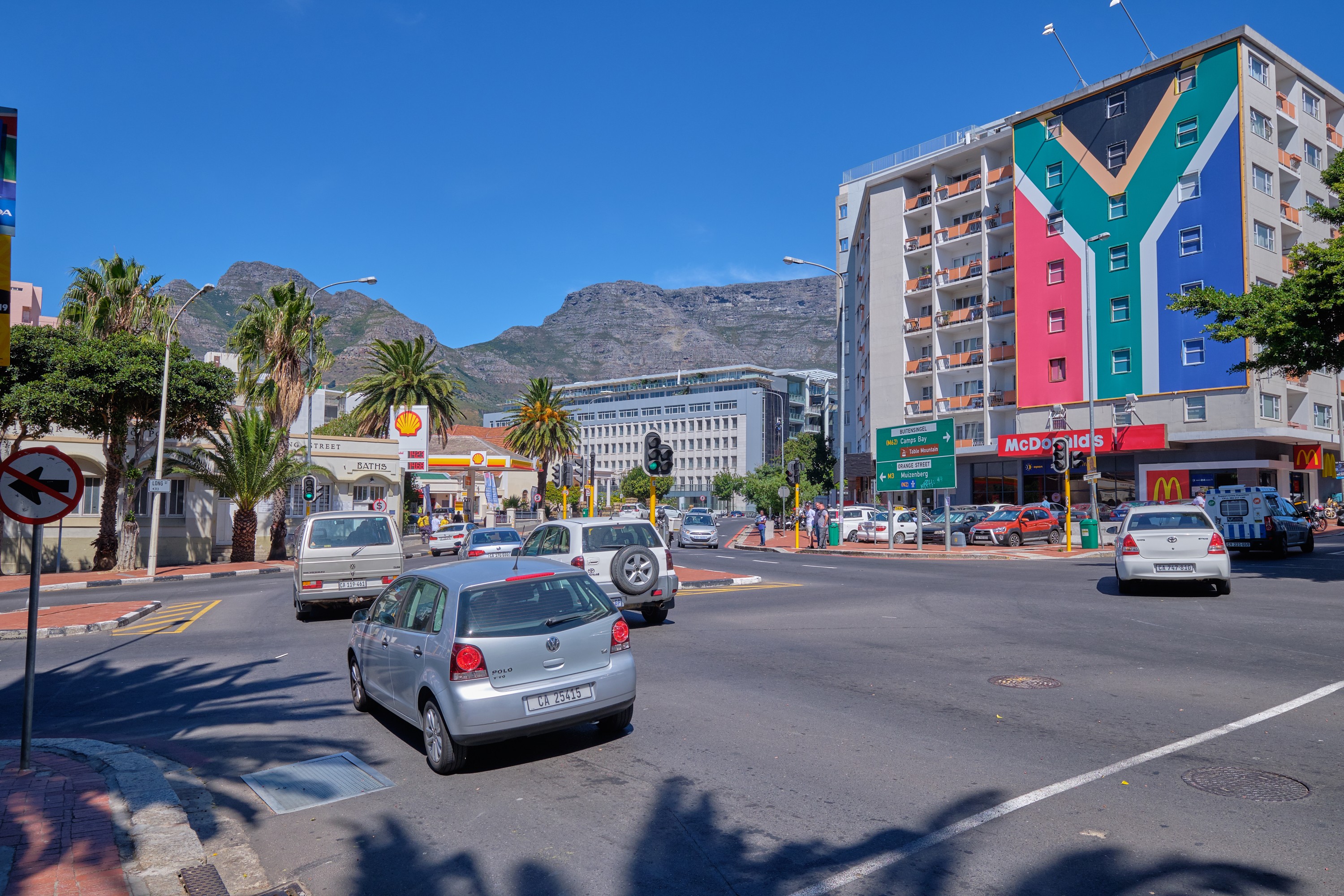 Driving in South Africa can be quite the experience, even for locals, so if you are thinking of getting behind the wheel, you might want to consider the following notes from a local.
Driving in South Africa can be quite the experience, even for locals, so if you are thinking of getting behind the wheel, you might want to consider the following notes from a local.
Driving side
South Africans drive on the left-hand side of the road, with the steering wheel on the right-hand side of the car which might be quite the culture shock for Americans and other expats from countries that drive on the right-hand side of the road. Make sure you feel comfortable with this change before braving our roads.
Road conditions
Major cities like Johannesburg, Cape Town, and Durban have well-maintained roads but they are not exempt from the odd pothole. Using apps like Waze can help you avoid pesky surprises on the road.
Traffic signals
Robots, as traffic lights are affectionately called here, work very much like in the States and the UK... except when they don’t! During power cuts or loadshedding, intersections function as four-way stops or according to the direction of people who assist with directing traffic in such instances.
You'll often find your local roadside seller assisting to get you home by directing traffic. Maybe next time you'll support him when things are working.
Taxis and minibus taxis
Whether we want to accept it or not, taxi drivers move like they own the road, which may sometimes translate to stopping suddenly in the middle of the road, not adhering to the speed limit, or driving up right behind you, prompting you to drive faster. It is wise to safely give them space to move off so you can enjoy the rest of your drive.
If you are driving behind a taxi, keep a safe following distance to ensure you have enough space to brake or manoeuvre around them without incident.
4. Safety is a priority
Like most metropolitan cities worldwide, South Africa faces crime challenges in certain areas. Here's what you should know to settle in quickly and choose the best area to settle in.
Talk to your local real estate agent
You'll want to make sure you choose the right neighbourhood to start with. You can check crime statistics, but really the best is to talk to the locals. Your real estate agent will be able to point out areas that are less affected by crime and that have strong community safety groups.
Be aware of your surroundings
Always be aware of your surroundings when you are in public spaces like walking in the street or sitting at a curbside table at a restaurant. Avoid flashing valuables like smartphones and jewellery.
Use reliable transport
Avoid walking alone at night, especially in unfamiliar, dark or sparsely populated areas. Always use trusted rideshare services like Uber or where possible, drive yourself.
For more tips on keeping yourself safe and having the best possible experience in South Africa, you can read our guide:
5. Embracing Cultural Differences
Though South Africa shares some cultural similarities with the U.S. and U.K., our diversity means that significant differences exist, especially regarding social interactions, attitudes, and daily life.
Community-focused society
South Africa has a strong sense of ubuntu, which means, “I am because we are.” This concept highlights the importance of community and mutual support and underscores many interactions South Africans have with others. It translates in many ways including the famous South African hospitality. Here, our weather isn’t the only warm welcome you will receive so don’t be surprised if locals are eager to share stories, advice, or even invite you over for a meal.
@kiyanna_diane #CapCut Homegirl was looking to fine to ignore💐 the greater lesson is to give people thir flowers, it does wonders 🫶🏽 #girlhood #compliments #kindness ♬ original sound - Kiyanna Diane
Time and flexibility
You might have heard of the concept called “African time.” This is used to describe a more relaxed approach to time in informal settings like events and meetings with family or friends. These events and meetings might not always start exactly on schedule so always carry a little snack to enjoy while waiting.
Tipping
South Africans are big tippers to the extent that tipping is expected at restaurants and for services such as car guards, petrol attendants, and delivery drivers. 10-15% of your bill is the norm in restaurants, while a few rand suffice for services.
Read more about how much and where to tip in our complete guide:
Ready to embrace life in SA?
Settling into South Africa as an expat or elevating your experience as a visitor involves adapting to new languages, customs, and ways of life. Embracing the country’s diversity and being open to new experiences will enrich your stay and make your time in South Africa unforgettable.
What do our customers say?


